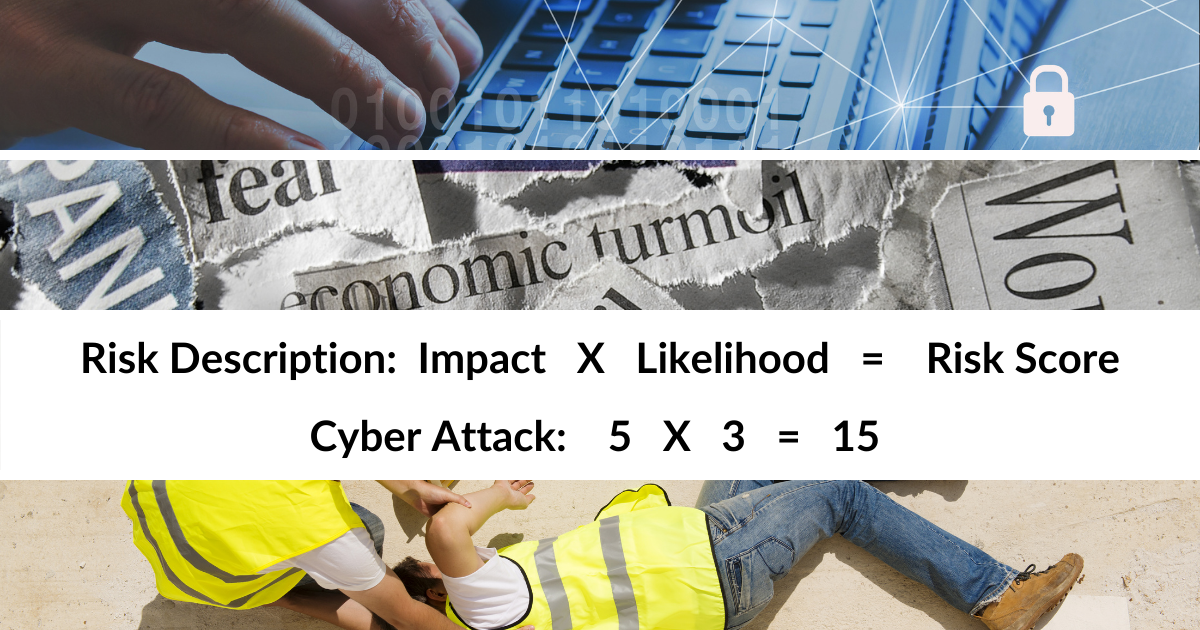The Three Biggest Crisis Management Lessons from 2018

At the beginning of this year, In Case of Crisis published our e-Book, ‘The New Rules of Crisis Management’, with individual chapters contributed by our smart and very experienced friends in the crisis management business.
Since then, more than 2,000 of you have downloaded copies of the book (if you are a more recent blog subscriber, you can get your free copy here.
We have exciting news of a third edition of the book to be published early in 2019, with new content and crisis management insights.
Meanwhile, we’ve had nearly a year to assess which of the new rules are the ones that we really, really should be paying attention!
So, based on a year which has been rich with fascinating crises, here’s the three biggest lessons:
#1 Lesson: The Need for Speed
This was probably the number one lesson last year and for the next five years!
With the mass adoption of smartphones and use of social media, issues emerge and blossom into full blown brand reputation crises before you finish your morning coffee.
We had our usual round-up in 2018 of those who ignored the need for speed – let’s recall Starbucks’ initial delayed response to the apparent race-related incident in its Philly store (it recovered later with the inspired idea of closing all its restaurants for half-a day for every employee to receive racial sensitivity training) and Papa John’s stumbling management of its leadership and, subsequently, declining business, crisis.
However, we also had a great example of an organization getting it right.
Thanks to a behind the scenes profile in the Wall Street Journal of Southwest Airlines’ crisis response to its first ever on-board fatality in April, we got a valuable glimpse of how that company had equipped itself with a crisis plan and resources designed to react quickly and effectively.
#2 Lesson: Brands must anticipate social, cultural and political issues
We have been blogging about this for two years now – we often recall the video from 2017 starring Kendall Jenner when Pepsi tried to appropriate the Black Lives Matter movement to help them sell carbonated beverages, as an outstanding example of a massive cultural miss-step.
This year we had many new cases of foot-in-brand-mouth disease.
Just as I settled down to write this blog, I read reports of how the Dolce & Gabbana fashion brand triggered a boycott of its goods in China with a racially insensitive social media post showing a Chinese woman trying to eat spaghetti with chopsticks. (Not helped by the firm’s initial response that its Instagram feed had been hacked – only for the two founders to apologize in person several days later).
But we also had outstanding examples of brands that very successfully anticipated social and cultural trends.
Nike with its campaign focused on NFL anti-hero Colin Kaepernick knew that zealots would call for a brand boycott (and burn their branded shoes) – but they also understood that brand loyalists would only deepen their love of Nike.
#3 Lesson: The Soundbite is Even More Important
This one is more tactical. However, it is proving to be of crucial importance to crisis managers.
People are overwhelmed with too much information, too many news outlets, and are confused with what is ‘fake news’ and what sources can be trusted.
Therefore, as consumers of news, our opinions of a complex situation, rightly or wrongly, is hugely influenced by that easy-to-recall comment, quote or idea that seems to simplify and explain what happened.
It’s a sword you can die by.
Years later we still recall the then BP-CEO Tony Hayward, in the grueling aftermath of the Deepwater Horizon tragedy, in which 11 people died with a subsequent environmental catastrophe, blurting out, “I would like my life back”.
This year we had inspiring examples of companies facing issues which learnt to use the soundbite to effectively defend themselves.
No example was better than Sanofi’s reaction after TV star Rosanne Barr blamed her use of its sleep drug Ambien for her racist outbursts on Twitter.
“Racism is not a known side effect of any Sanofi medication”.
A brilliant use of the soundbite to manage a tricky issue.
Let Sanofi’s example inspire us all in 2019!









